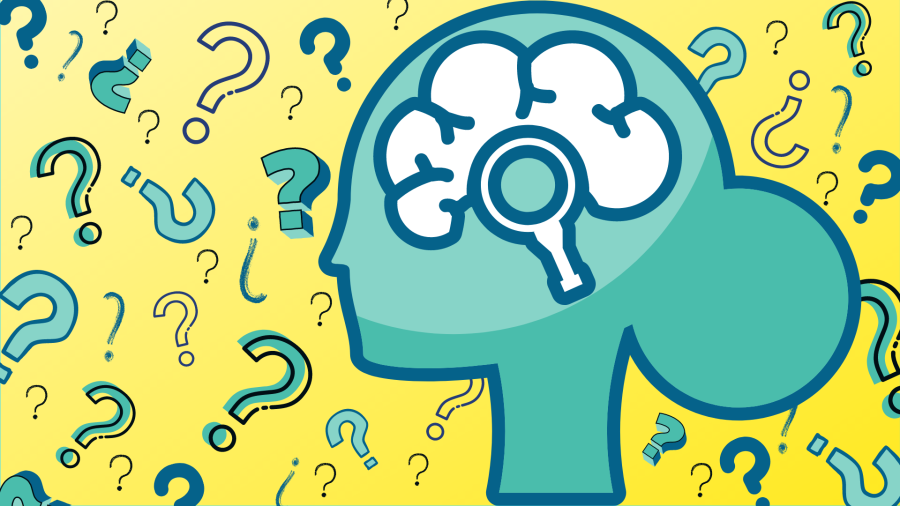Artificial Intelligence (AI) has become an undeniable force shaping our present and future. OpenAI, with its groundbreaking advancements in language models and machine learning, has brought AI to the forefront of various industries, including education. While the integration of AI in education seems intimidating and uncertain, it is crucial that we acknowledge its power and reimagine our educational paradigms to prepare students for a world dominated by AI.
1. Embracing the Future
As technology continues to evolve at an unprecedented pace, it is clear that AI will play a significant role in shaping our world. By embracing the potential of OpenAI in education, we equip students with the skills and knowledge necessary to thrive in a future where AI is deeply intertwined with various aspects of life. Ignoring AI's influence would leave students ill-prepared for the rapidly changing landscape and limit their opportunities in the job market. It is true that one of the highest paying jobs on the market today is as an AI prompter. We are doing our students a disservice if we do not prepare them for a world where this is the reality.
2. Shifting Educational Paradigms
To adequately prepare students for an AI-dominated world, we must reevaluate our educational paradigms. Traditional models of education, focused on rote memorization and standardized testing, are ill-suited to nurture the skills needed in an AI-powered society. Instead, emphasis should be placed on cultivating critical thinking, problem-solving, creativity, and adaptability—skills that are uniquely human and complementary to AI capabilities. We must embrace the ideas of connectivism as a learning theory and its pillar that the capacity to learn more is of greater importance than information previously known.
3. Integrating AI into Curriculum
OpenAI offers educators the tools to integrate AI into curricula effectively. By leveraging OpenAI's language models, students can engage in collaborative projects, conduct research, and explore complex topics with AI assistance. AI can provide students with personalized feedback, adaptive learning experiences, and access to a wealth of information. By incorporating AI as a supportive tool, educators can enhance the learning process, encourage exploration, and foster a deeper understanding of AI's impact on various disciplines. These tools exist, and choosing to discount them is disservice to the educator a students alike.
4. Ethical Considerations
As AI becomes more pervasive, it is essential to address the ethical considerations surrounding its use in education. These conversations should be happening in the classroom, facilitated and prompted by educators. OpenAI models must be used responsibly and with proper safeguards in place to protect student privacy, ensure algorithmic transparency, and prevent bias in decision-making processes. Educators must engage students in discussions about the ethical implications of AI, encouraging them to think critically about the ethical use of technology and the potential consequences of AI applications. They should lead students through explorations of the biases and ethical dilemmas that pertain to this technology. If educators choose to ignore this responsibility they are failing their students and the world instead of helping cultivate ethical, responsible citizens.
5. Lifelong Learning and Adaptability
One of the most valuable skills in an AI-dominated world is the ability to learn continuously and adapt to new technologies and concepts. OpenAI can assist in creating adaptive learning environments that foster lifelong learning. Students can develop the capacity to embrace change, acquire new skills, and remain agile in a rapidly evolving society. These skills are essential in a society where the half-life of information is only 18 months. By integrating AI in education, we instill a mindset of curiosity, adaptability, and resilience and encourage students to be lifelong learners.
While the integration of OpenAI in education may seem daunting, we cannot afford to ignore its power and the impact it will have on the future. By embracing AI and rethinking our educational paradigms, we prepare students to thrive in a world dominated by AI. OpenAI provides educators with the tools to enhance the learning experience, promote critical thinking, and foster the skills necessary for success in an AI-powered society. With careful consideration of ethics and a focus on lifelong learning, we can navigate the intimidating landscape of AI and harness its potential to create a brighter future for education and our students.
(With support from generative AI)



The one that really spoke to me was Shifting Educational Paradigms I think this school year is going to be one of shifting our paradigms as we figure out just what can and can't we use AI for. How it fits in our different classes and in the learning process. I think the next two years will be a shifting paradigm in education.
ReplyDelete